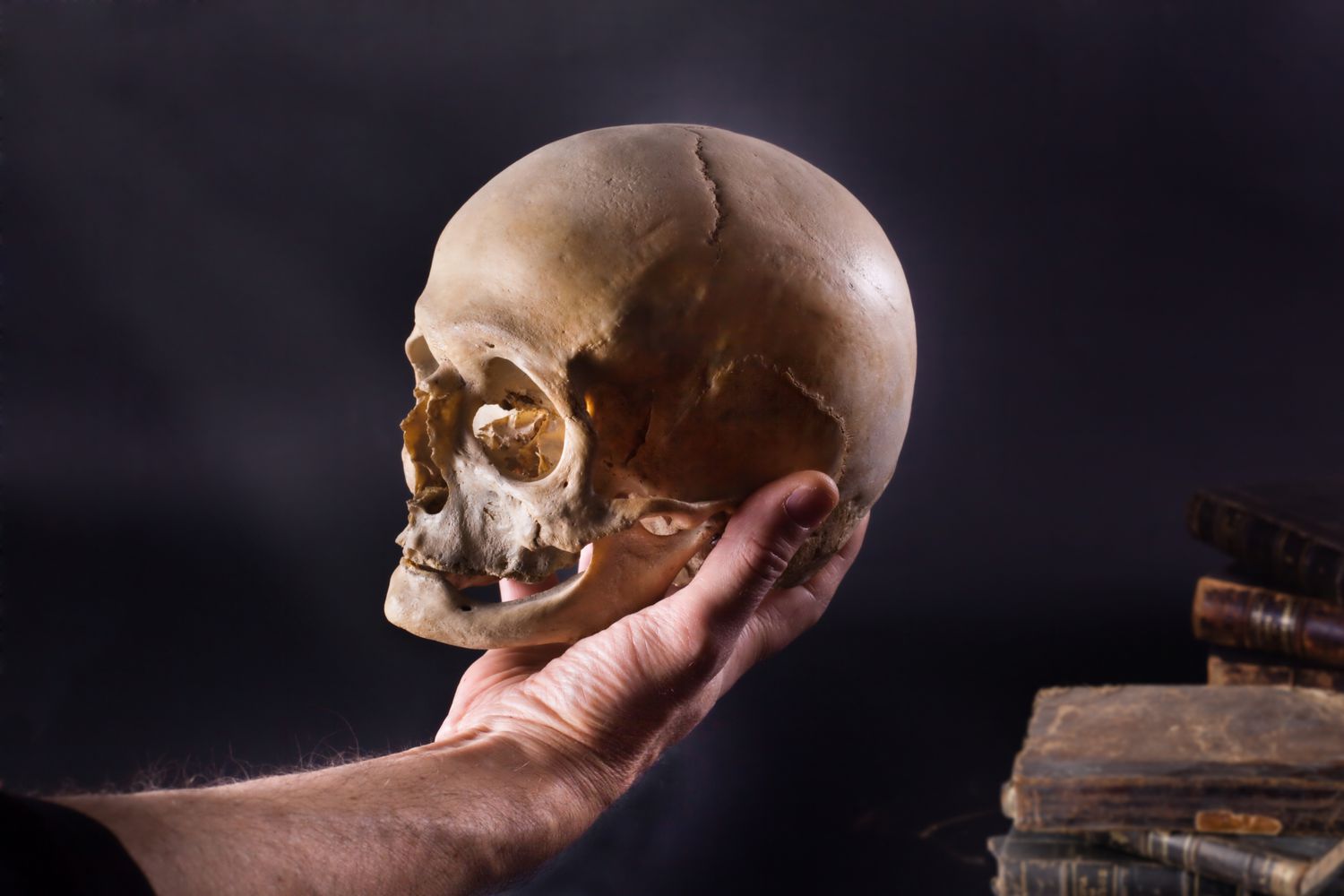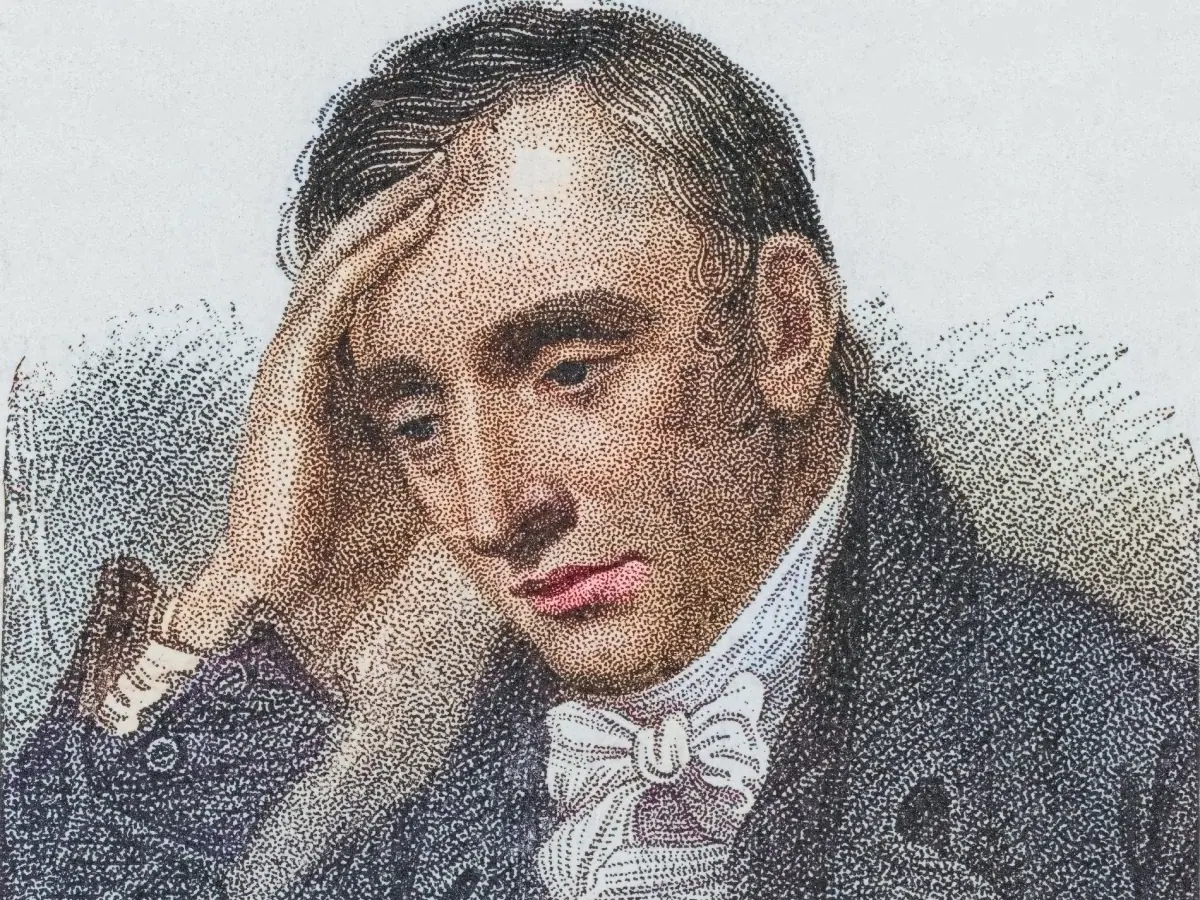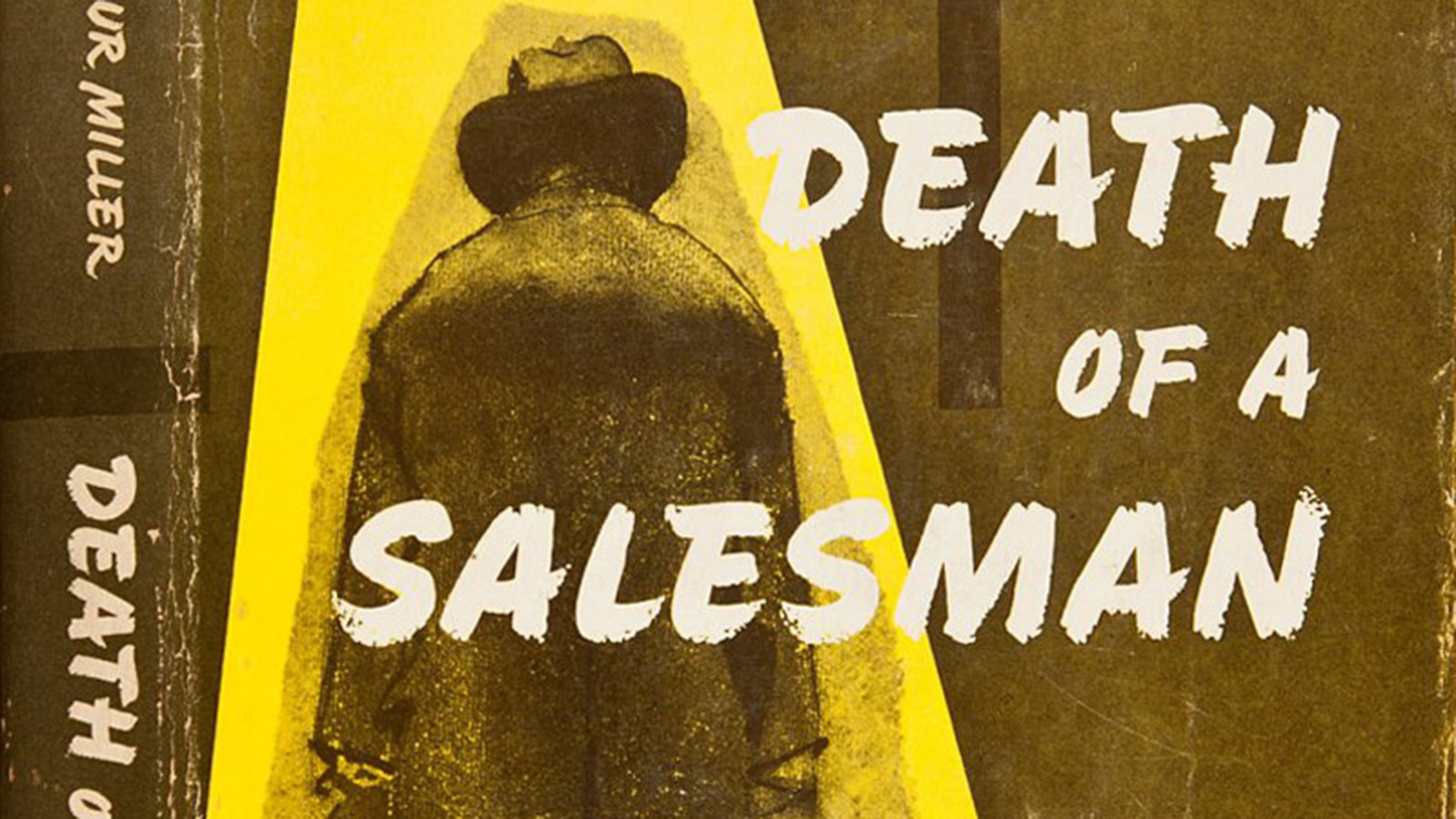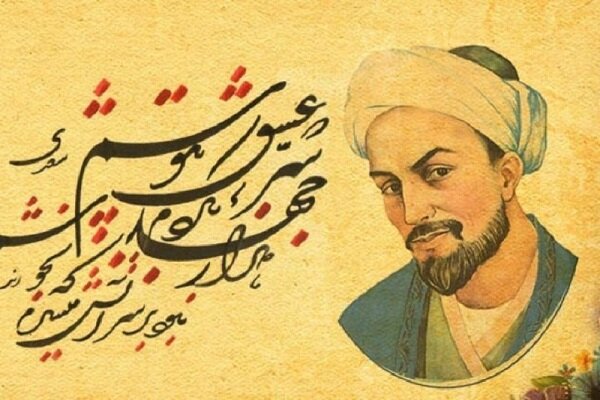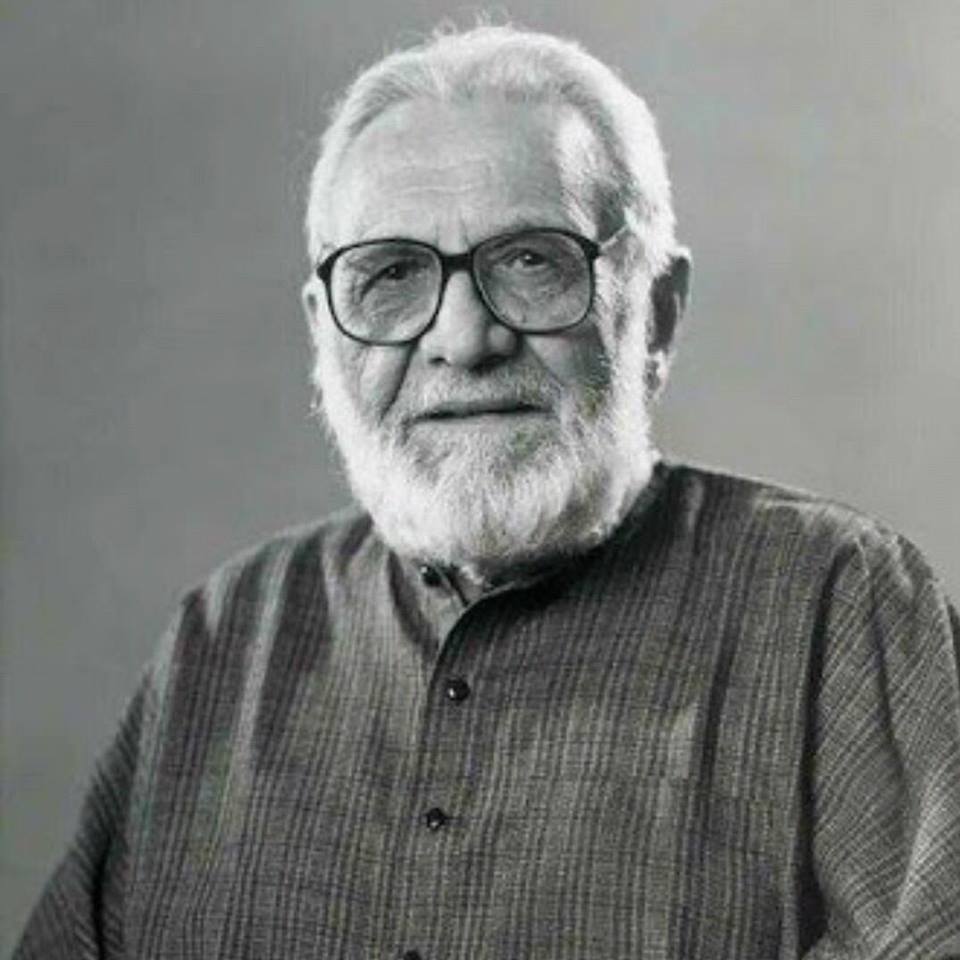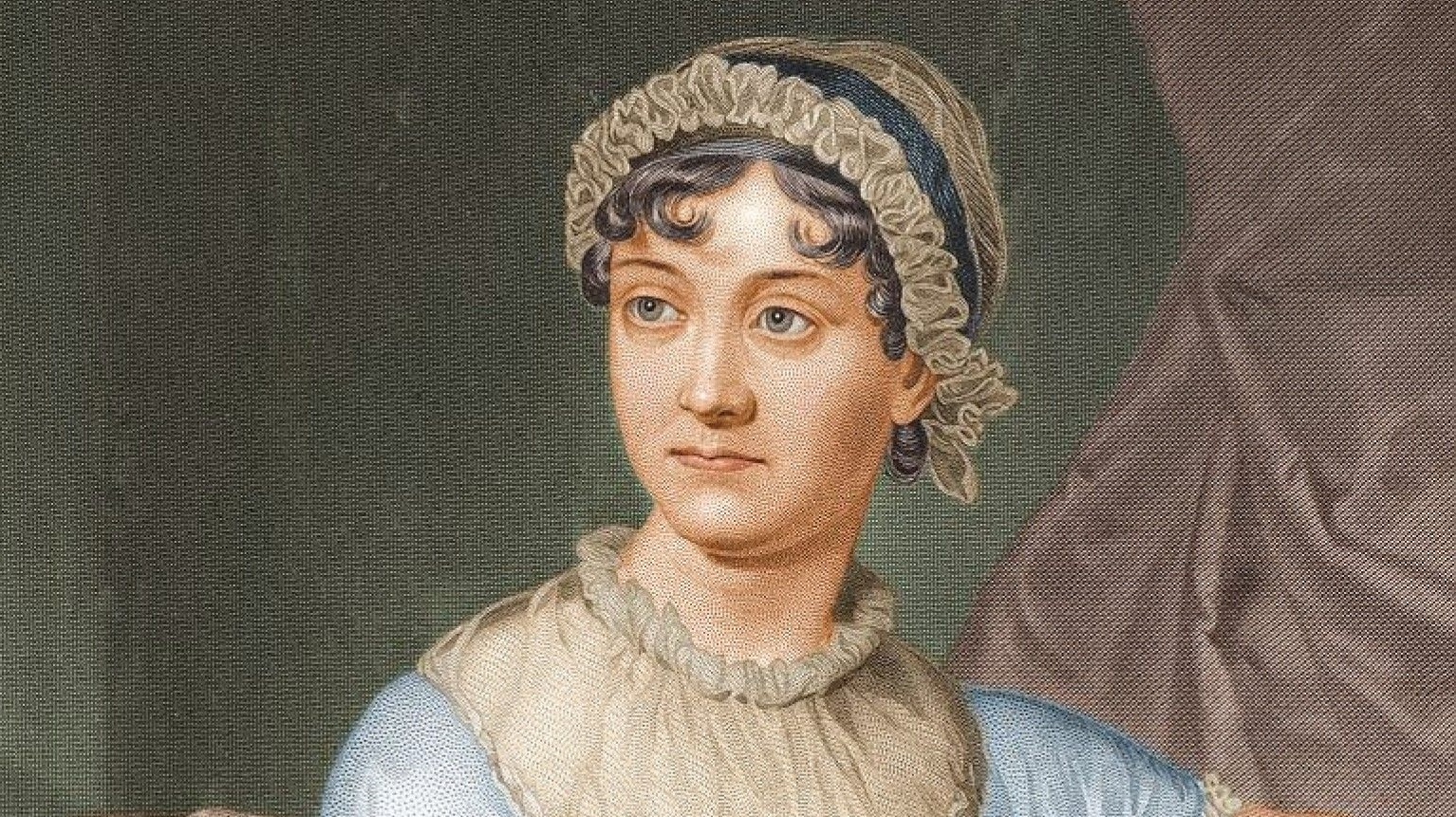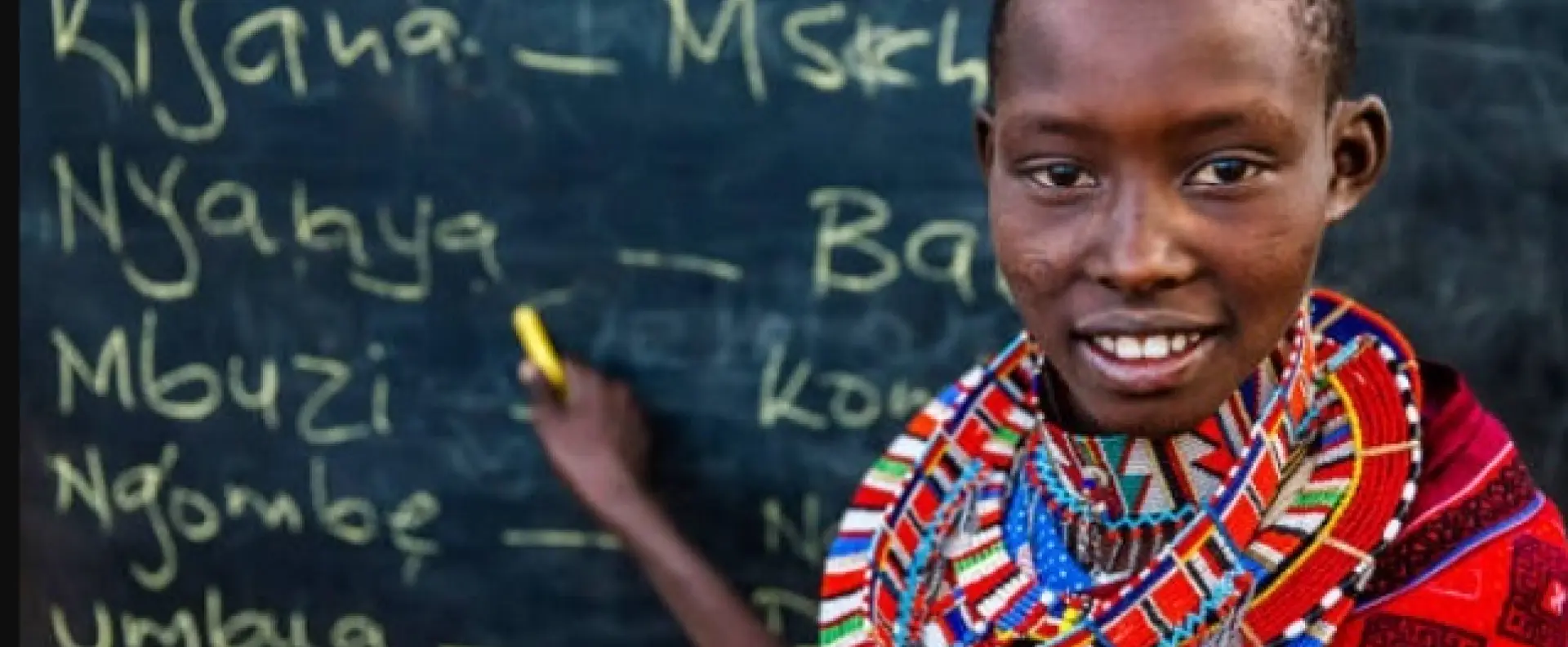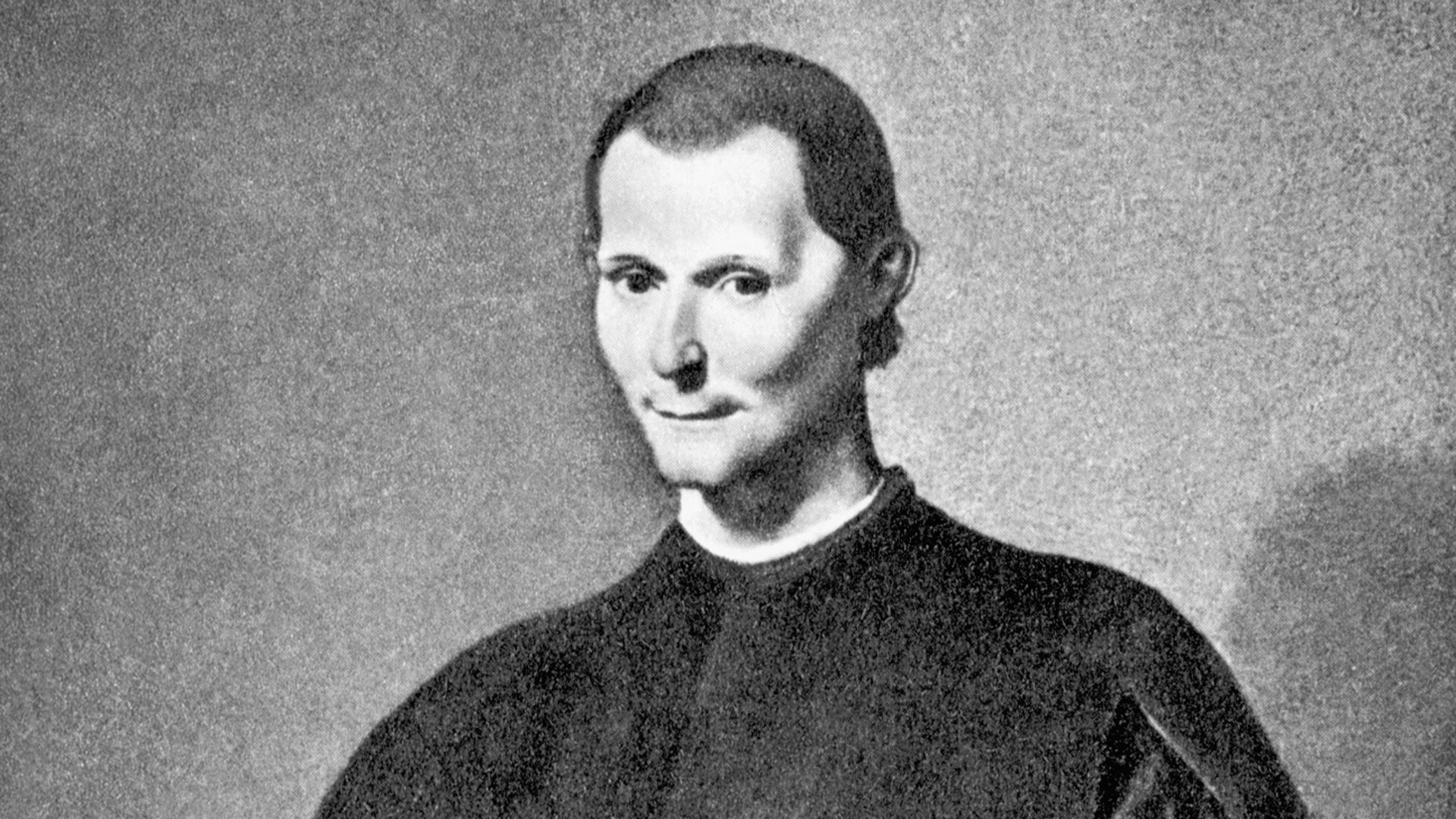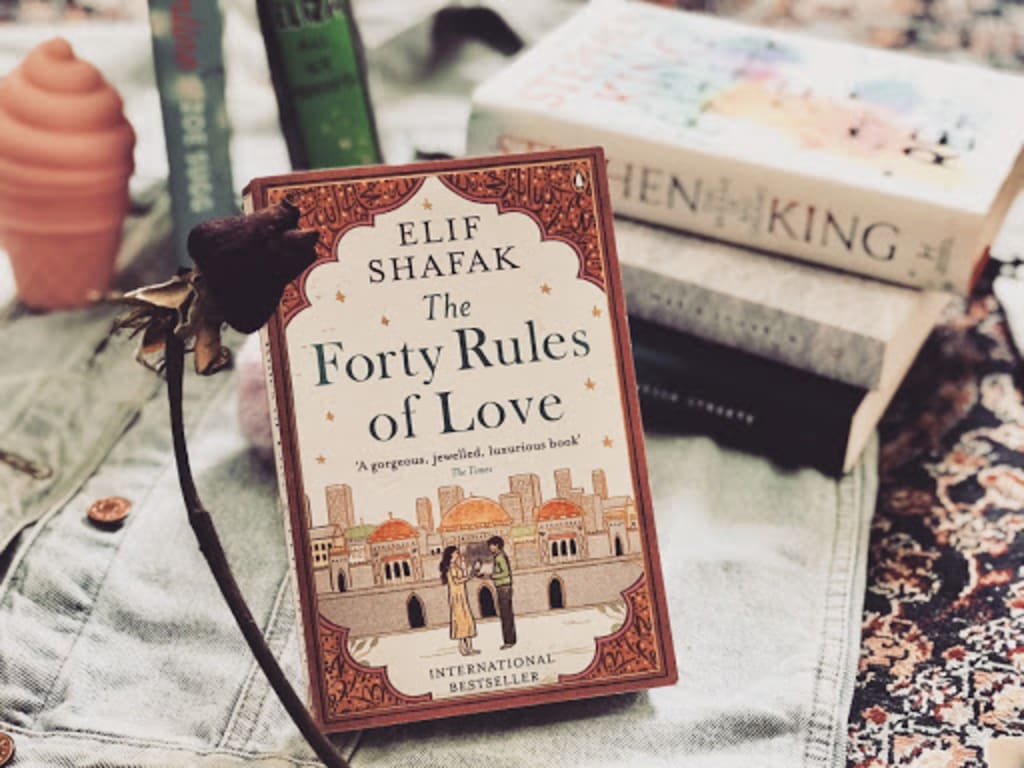Tariq Mahmood Awan
One of the most famous and profound speeches in the history of literature is the soliloquy of Prince Hamlet in William Shakespeare’s tragedy Hamlet. In Play, Hamlet utters the iconic line: “To be, or not to be, that is the question.” This line marks the beginning of a philosophical reflection on the nature and value of life and death as Hamlet contemplates whether to commit suicide or to continue living in a world that is full of injustice, corruption, and suffering. Hamlet’s dilemma is not only a personal one but also a universal one, as it captures the essence of the human condition and the existential crisis that many people face in the modern world. In this article, I will explore the meaning and implications of the Shakespearean concept of to be or not to be and how it relates to the challenges and choices of the Pakistani nation.
The soliloquy to be or not to be is a rhetorical question that Hamlet poses to himself as he tries to decide whether to live or to die. He compares life to a sea of troubles and death to a peaceful sleep and wonders which one is more preferable. He acknowledges that life is full of pain and hardship and that death might offer relief from them. However, he also recognizes that death is a mystery and that there might be worse things in the afterlife than in the present life. He asks: “For in that sleep of death what dreams may come / When we have shuffled off this mortal coil / Must give us pause.” He fears that by killing himself, he might face the wrath of God, who has forbidden suicide or encounter unknown horrors in the unknown country of death. He concludes that the dread of the afterlife is what makes people bear the ills of life and that the fear of death is what makes cowards of us all.
The soliloquy of to be or not to be is a powerful expression of the human dilemma of choosing between action and inaction, between living and dying, between being and nothingness. It reveals the inner turmoil of Hamlet, who is torn between his duty to avenge his father’s murder by his uncle Claudius, who has usurped the throne and married his mother Gertrude, and the moral scruples that prevent him from killing another human being. It also reflects the theme of appearance and reality, as Hamlet questions the validity and authenticity of his own existence and the world around him. He wonders whether life is worth living or whether it is a meaningless and absurd spectacle.
The soliloquy to be or not to be is not only a timeless and universal question but also a relevant and contemporary one, as it resonates with the modern man, who faces many existential questions and uncertainties in a complex and chaotic world. Then, it also relates to individuals, communities, and nations. The modern man lives in an age of rapid change, technological advancement, social diversity, and global interconnectedness, which pose many opportunities and challenges for his personal and professional development. He also lives in an age of moral relativism, scientific skepticism, and religious pluralism, which undermine his sense of identity, purpose, and meaning. He often feels alienated, isolated, and disillusioned as he struggles to find his place and role in society. He often experiences anxiety, depression, and stress as he copes with the demands and pressures of modern life. He often seeks happiness, fulfillment, and satisfaction but finds them elusive and fleeting.
The soliloquy of to be or not to be challenges the modern man to think about his own values, beliefs, and choices and to confront the reality of death and the meaning of life. It invites him to examine his own existence and to ask himself:
What is the reason and purpose of my life? What are the goals and aspirations that I pursue? What are the principles and standards that I follow? What are the joys and sorrows that I experience? What are the risks and rewards that I face? What are the consequences and implications of my actions and inactions? What are the hopes and fears that I have? What are the dreams and nightmares that I encounter? What are the alternatives and possibilities that I consider? What are the costs and benefits that I weigh? What are the pros and cons that I evaluate? What are the options and decisions that I make? What are the outcomes and results that I achieve? What are the impacts and influences that I have? What are the legacies and memories that I leave?
Furthermore, the concept extends to communities and nations. It also befittingly relates to the Pakistani nation. Our nation faces many dilemmas and insecurities. Then, these range from social behaviors to political deceptions to economic hardlines. For example, the Ichara incident where a woman was harassed due to a few Arabic words manifest it. Furthermore, to whom people did not vote are taking oaths. There is a moral crisis of all sorts. Youth is politically alienated. Family structures are falling. There is some self-abnegation of human values in the societies. People are despaired and confused. Accordingly, the whole nation is suffering from the trauma Hamlet suffered. The Pakistani nation is going through the process of to be or not to be. Therefore, political, social, cultural, and administrative actualization of the nation is critical.
However, the soliloquy of to be or not to be encourages the modern man, communities, and nations to be aware and responsible, to be courageous and creative, to be rational and emotional, to be optimistic and realistic, to be individual and social, to be spiritual and material, to be active and passive, to be alive and dead, to be and not to be. It urges them to live a life that is authentic and meaningful, that is worthy and noble, that is fulfilling and satisfying, that is happy and peaceful. It inspires them to make a difference and to leave a mark, to contribute and to share, to love and to be loved, to enjoy and to appreciate, to learn and to grow, to explore and to discover, to create and to express, to imagine and to realize, to dream and to achieve, to be and to become. Pakistan must move forward with political, social, and cultural corrections.
Please, subscribe to the YouTube channel of republicpolicy.com



































